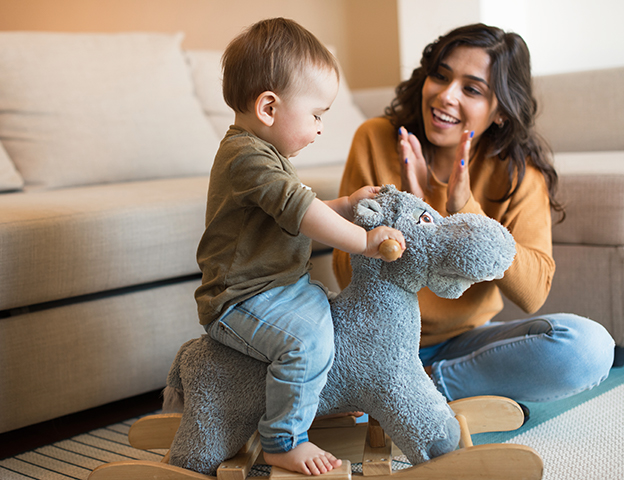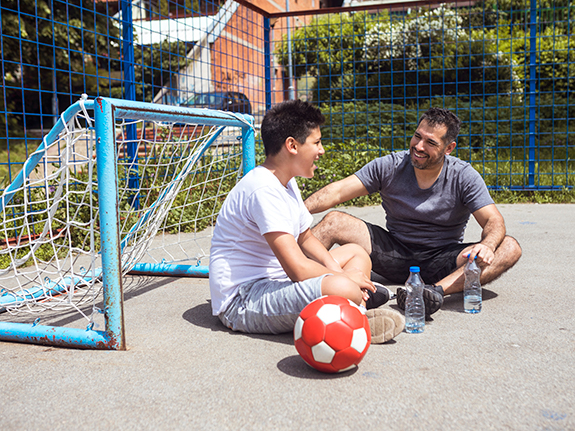(Posted 2020 October; Updated 2022 March)
 Praising children is one of the ways that parents can build up a child’s self-esteem and self-worth. Having a strong, positive sense of self is important for a child’s development. Ultimately as parents, we want children to grow up to be kind, caring individuals.
Praising children is one of the ways that parents can build up a child’s self-esteem and self-worth. Having a strong, positive sense of self is important for a child’s development. Ultimately as parents, we want children to grow up to be kind, caring individuals.
A child’s behavior is often a reflection of how they feel about themselves. When they hear affirming and positive comments, children view themselves as positive people, and they behave that way toward themselves and others. The same holds true with a negative view of themselves. If children hear enough negative comments, they will begin to internalize them, believe them, and behave accordingly.
In other words, children learn to be nurturing and caring by being treated as such. Children also learn to be mean and uncaring by being treated in that manner.
There are two distinct kinds of praise that parents can express:
PRAISE FOR BEING means noticing and appreciating a person. Parents can do this by:
 Hugging your child or ruffling their hair.
Hugging your child or ruffling their hair.- Saying “I love you,” which is the highest form of praise.
- Saying “You are so kind.”
- Acknowledging something about your child’s personality that you like, such as a sense of humor, a positive or caring outlook, or a sunny smile.
PRAISE FOR DOING means noticing and appreciating a person's efforts or performance. To do this, parents should pay attention to the behaviors you want and praise them when they appear. You should also provide opportunities for children to experience everyday successes in small specific situations. Some examples of ways to praise for doing include:
- “Thank you for picking up your toys.”
- “I really like the way you put your clothes in the hamper.”
- “I appreciate that you took the dog for a walk.”
- Often, parents will say “great job,” which can leave children wondering, “great job for what?” Make sure that you provide specific examples, so the child knows and understands exactly why you are praising them.
Here are a few other tips for making your praise more personal:
 Remember, it’s important to not combine praise for being and praise for doing. When both praises are combined, children learn that you only love or appreciate them when they do something.
Remember, it’s important to not combine praise for being and praise for doing. When both praises are combined, children learn that you only love or appreciate them when they do something. - It might seem obvious, but no matter your frame of mind, try to look pleasant when you express your praise. For your child(ren) to get the full impact of your words, they have to believe them.
- Make eye contact with your child(ren) and keep your full focus on them when you praise them.
- Gentle touches like high fives, pats on the back, fist bumps, etc. are a great way to show your pleasure by combining it with praise for being or doing.
The Parenting Education Programs is enrolling for upcoming classes. Join us for more information about positive and effective ways parents can interact with their children at every age and stage of development. We would love to hear from you. If you have questions or feedback about the topic in this article, send an email to us.
Based on materials in the Nurturing Parenting® Curriculum, produced by Family Development Resources, Inc. 2010.
This posting is part of the Department of Family Services' Community Corner where you’ll find timely information about upcoming events, parenting and wellness tips, programs and services, and more! Share these helpful posts with your friends and family. Don't miss out on future postings! Sign up today!

